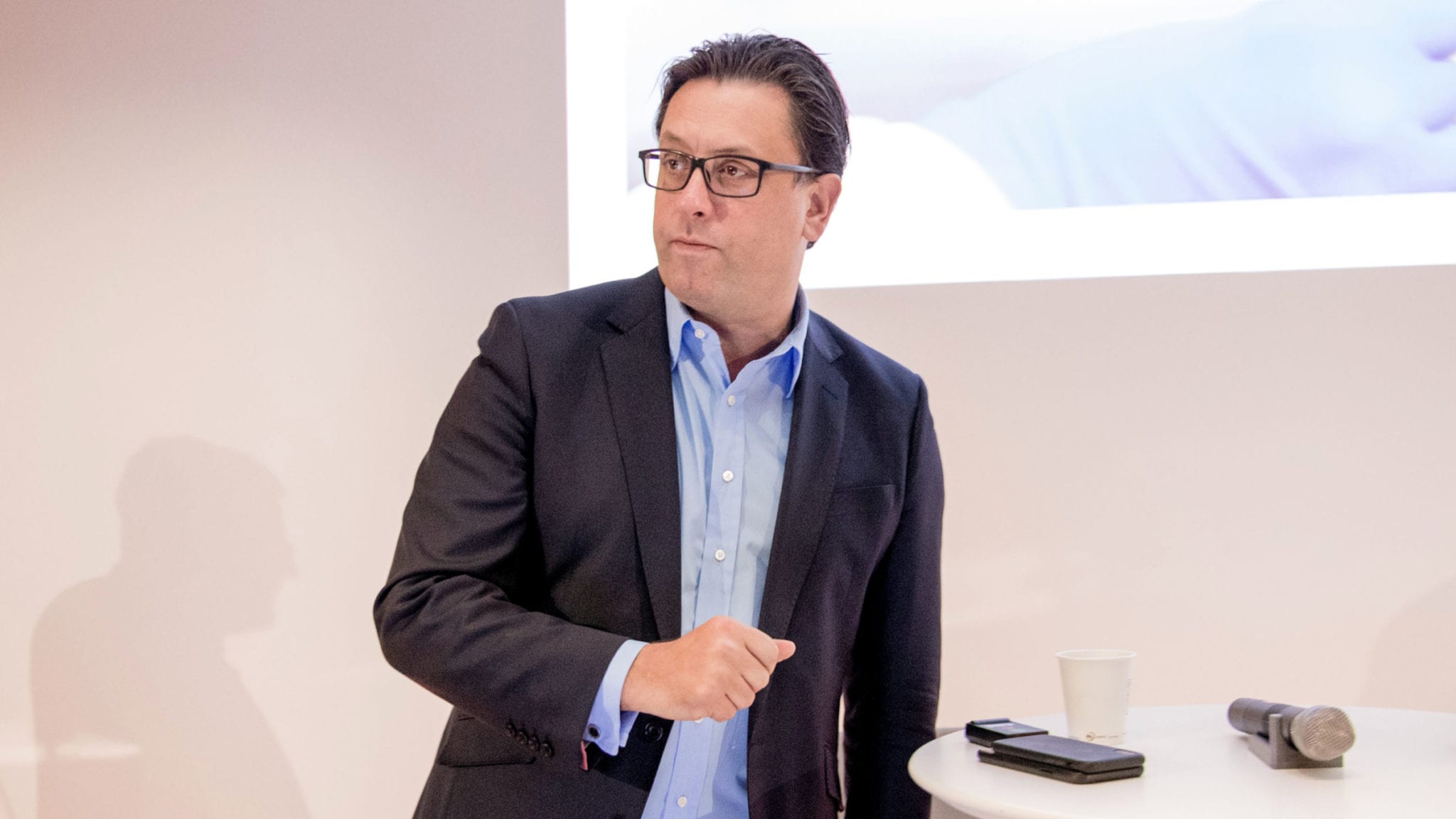
Sanofi walks back Paul Hudson’s promise of early vaccine access for the US, French ministers call it 'unacceptable'
Sanofi CEO Paul Hudson’s comments yesterday that the US will get first access to the company’s Covid-19 vaccine, should it be approved, were met with swift backlash yesterday in France, both from his own company and a member of the French government.
First, hours after Hudson’s interview appeared on Bloomberg.com, Sanofi emailed journalists a terse statements walking back its CEO’s remarks– sort of. The company said that while vaccines from US production will be mainly preserved for Americans, production capacity elsewhere will supply Europe and the rest of the globe. The technology Sanofi uses for its Covid-19 vaccine candidate is primarily manufactured in the US, although the company said it is expanding capacity in existing facilities in Europe and elsewhere.
Unlock this article instantly by becoming a free subscriber.
You’ll get access to free articles each month, plus you can customize what newsletters get delivered to your inbox each week, including breaking news.